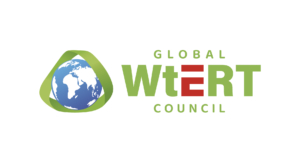
China has made enormous progress in replacing landfilling with waste-to-energy (WTE) plants in the last fifteen years. At this time, the WTE capacity of China exceeds that of the EU, US, and Japan combined. This progress is primarily due to the fact that national policy and incentives have encouraged cities to move away from landfilling to WTE. The “mass production” of WTE plants in China has decreased appreciably the per ton CAPEX of WTE plants, thus making them more affordable for developing countries in Asia and Africa.
Columbia Global Centers | Beijing and the Global Waste-to-Energy Research and Technology Council (GWC) are pleased to invite you to attend the 2022 Waste-to-Energy Research and Technology (WtERT) Asia Meeting. This meeting will zoom in on waste-to-energy technologies and their applicability, as well as the best practices in different countries and regions, covering four related and progressive topics.
Webinar I: Benefits of Waste-to-Energy and Its Promotion
May 18, Wednesday, 9:00PM (Beijing) | 9:00AM (New York)
In the first discussion, panelists will examine the economic and environmental benefits of using WTE over landfilling, the value of knowledge sharing through the global network formed by GWC, and how to facilitate it in Africa and Asia. Specific approaches, such as disseminating information, delivering training, and providing education, will be discussed and analyzed through case studies and experiences.
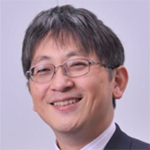
Masaki Takaoka, Professor in Department of Environmental Engineering, Graduate School of Engineering, Kyoto University
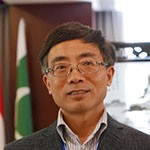
Xiaodong Li, Professor and Doctoral Tutor of College of Energy Engineering, Zhejiang University
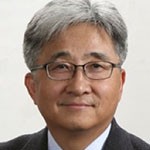
Yong-Chil Seo, Former President of Korea Society of Waste Management; Professor Emeritus, Yonsei University

Janny Jiangrong Yu, Managing Director, SwissEngineers AG

Reda Kabbaj, International Senior Business Consultant and Entrepreneur, Vice President of International Relations, Global WtERT Council
Chengcheng Kong, Editor, Journal on Waste Disposal and Sustainable Energy
Webinar II: WTE Practice in China and Its Replicability in Other Regions
May 19, Thursday, 9:00AM (Beijing) | May 18, Wednesday, 9:00PM (New York)
China has made enormous progress in replacing landfilling with waste-to-energy (WTE) plants over the past years. The country’s WTE capacity has exceeded that of the EU, US, and Japan combined. In this discussion, panelists will review the potential role of China as a champion of waste-to-energy technologies worldwide and how developing countries can benefit from China’s experience and know-how through the Belt and Road Initiative and other means.

Xiaodong Li, Professor and Doctoral Tutor of College of Energy Engineering, Zhejiang University

Qunxin Huang, Vice Dean of College of Energy Engineering, Zhejiang University
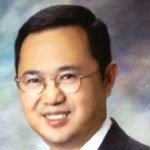
Hanwei Zhang, Vice President of Engineering, Global WtERT Council; General Secretory of WTERT-Asia
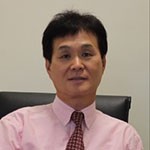
Jong Ryeol Kim, Professor of School of Engineering and Digital Sciences, Civil and Environmental Engineering, Nazarbayev University

Eric Liang Zhan, General Manager, International Business Development, Shanghai SUS Environment
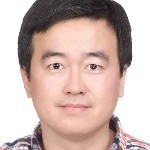
Jun Li, Chief Engineer and Vice President of China Tianying Co., Ltd.
Webinar III: Possible Ways to Build Collaborations
May 19, Thursday, 9:00PM (Beijing) | 9:00AM (New York)
Achieving the UN sustainable development goals requires multilateralism and cooperation; there is no place for political tension and division. China could be a vital ally for the American and European industries to support the expansion of WTE technologies in Asia, Africa, and the Middle East. Renowned researchers and industry leaders from China will present their best case studies, experiences, and insights on international collaborations in WTE.
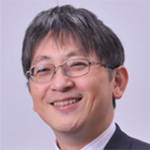
Masaki Takaoka, Professor in Department of Environmental Engineering, Graduate School of Engineering, Kyoto University
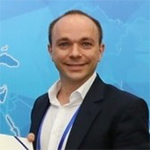
A.C. Bourtsalas, Adjunct Assistant Professor at the Earth and Environmental Engineering Department, Columbia University

Reda Kabbaj, International Senior Business Consultant and Entrepreneur, Vice President of International Relations, Global WtERT Council
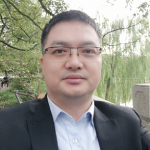
Xiaodong Yu, Vice President, International Division, GCL Energy Technology Co., Ltd.

Leen De Bruycker, Technical and Scientific Officer, Confederation of European Waste-to-Energy Plant (CEWEP)
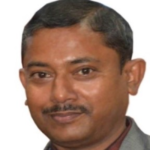
Sunil Kumar, Senior Researcher, CSIR-National Environmental Engineering Research Institute
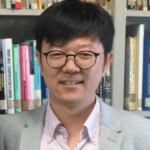
Ang Zhao, Co-director & Co-founder of Rock Environment and Energy Institute
Webinar IV: The Routes to Influence Policy: How to Advocate for WTE in the Global Public Agenda
May 20, Friday, 9:00AM (Beijing) | May 19, Thursday, 9:00PM (New York)
Academia can contribute to policy and public agendas by disseminating reliable and credible information about WTE. The panel will discuss ways to advocate for WTE as a viable means of mitigating climate change by diverting waste from landfills and saving land at the next COP27 in Egypt.
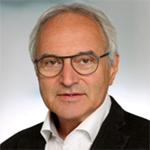
Werner Bauer, Founder of the network of German municipalities ForumZ; International consultant in Waste to Energy

Grzegorz Lisak, Associate Professor with Tenure, Nanyang Technological University
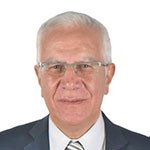
Mohy Saad Mansour, Professor of thermo-fluids, combustion, and laser diagnostics of turbulent reacting flows – mechanical power engineering department, Cairo University
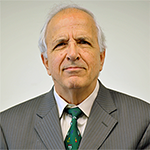
Nickolas Themelis, Founder of Columbia’s Earth Engineering Center and of the Global WtERT Council

